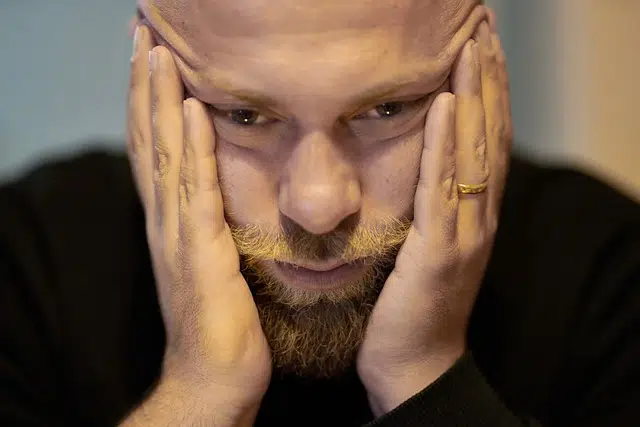
Pessimism is the tendency to evaluate things according to their least favorable characteristics.
The word pessimism has its etymological origin in Latin. Thus, we can establish in a clear and concise way that it is the result of the union of two Latin words. On the one hand, from the term pessimus , which can be translated as "very bad", and on the other, from the suffix -ism , which is equivalent to "conduct".
However, the term as such was coined by the French writer and philosopher François Marie Arouet , who has gone down in history as Voltaire . Specifically, it was in 1759 when this figure of the Enlightenment established the aforementioned term as a way to oppose the concept of optimism that the German politician Gottfried Leibniz had already created.
What is pessimism
The propensity to judge things by their most unfavorable or negative aspect is known as pessimism . This concept is the opposite of optimism , which consists of analyzing situations from the most favorable dimension.
For example: "Enough with pessimism, maybe the situation will improve and you don't need to sell the car," "The country presents daily news that invites pessimism; It is difficult to look at the future with hope" , "People who leave no room for pessimism are the ones who live the longest" , "Pessimism is part of the daily lives of certain people" .

Those who analyze reality with pessimism do so with a negative vision.
Main characteristics of a negative person
There are many characteristics or hallmarks that make it clear that a person is a pessimist. However, among the most significant are the following: low self-esteem , fear of many things in life, capacity for negative self-criticism, distrust of others...
In addition to all the above, it must also be emphasized that a person who allows himself to be carried away by pessimism is someone who, when faced with any problem, runs into a wall that is difficult to overcome. And he does not see things clearly and does not have the necessary objectivity to see them. This ultimately translates into an increase in your state of anxiety and stress, worrying excessively about the situation and entering into a dynamic of absolute chaos.
Quite the opposite of what happens to the optimist who accepts reality, sees the problem more objectively and discovers the ability he has to deal with it.
Pessimism as a philosophical system
Pessimism is, on the other hand, the philosophical system that attributes the greatest possible imperfection to the universe . This means that, for pessimists, we live in the worst of all possible worlds.
Pessimistic philosophers maintain that human beings must recognize that they know nothing, are nothing, and cannot achieve anything. Therefore, life has no purpose.
Religions are based, in a certain way, on pessimistic doctrine since they recognize the existence of Evil in the world and minimize human existence in the face of divine entities. However, they leave the door open to some type of redemption (through following God 's commands, etc.) for after death.
The concept in psychology
For psychology , finally, pessimism can be a symptom of diseases such as depression .
Pessimistic thoughts and manifestations, in this sense, can reflect the existence of an emotional disorder that is characterized by dejection and unhappiness.
